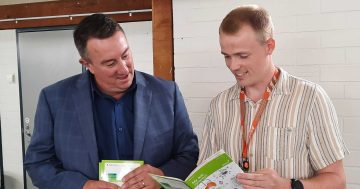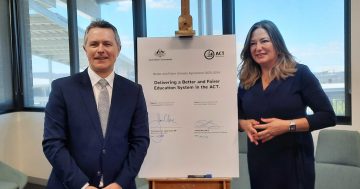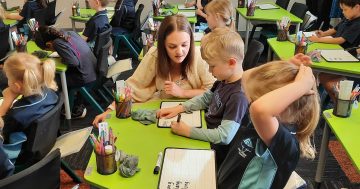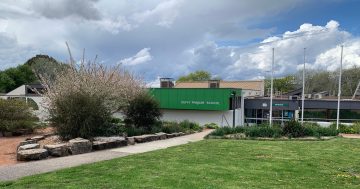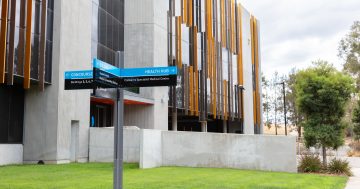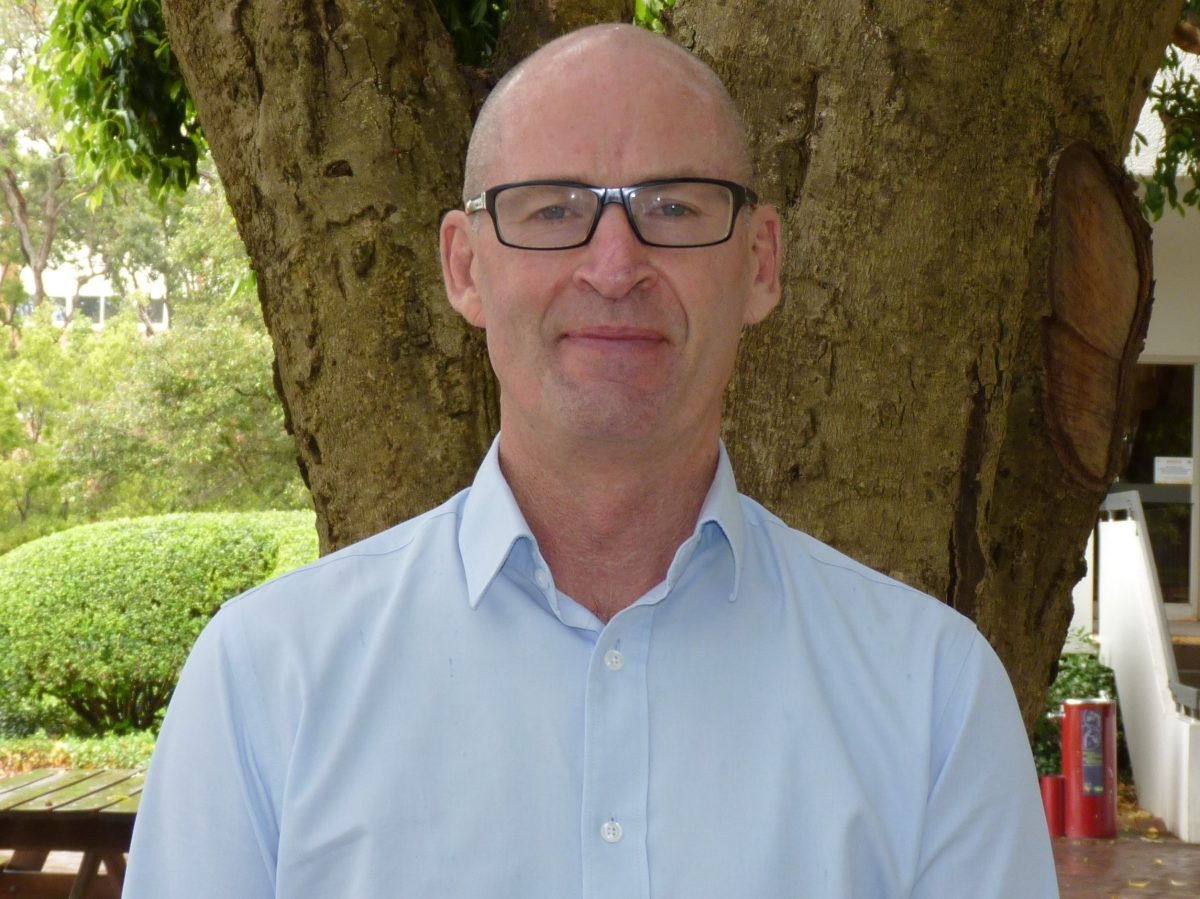
The University of Canberra’s Professor Barney Dalgarno will chair the independent inquiry into literacy and numeracy in ACT schools. Photo: UC.
The ACT Government has appointed its expert panel to inquire into improving literacy and numeracy outcomes in ACT public schools.
It will be chaired by Executive Dean of the Faculty of Education at the University of Canberra Professor Barney Dalgarno.
Other members are Executive Dean of the Faculty of Education and Arts at the Australian Catholic University Professor Mary Ryan, Professor in Mathematics Education and Deputy Director of the Centre for Educational Research within the School of Education at Western Sydney University Professor Catherine Attard, Associate Professor at the School of Education at the University of Wollongong Associate Professor Pauline Jones and Executive Director of School Performance for the Regional North Operational Directorate in the NSW Department of Education Tim McCallum.
Under the terms of reference, they will examine how education systems have successfully dealt with equity issues in literacy and numeracy achievement.
The panel will also examine proven classroom, whole-school and system-wide approaches and supports to improve learning outcomes for all students at each stage of learning and development.
These will include pedagogical approaches; diagnostic and assessment tools; student, school and system data; professional learning needs; curriculum support; and leadership development.
Groups that face challenges in and out of the classroom and ways to help them will come under the spotlight. These include Aboriginal and Torres Strait Islander students, neurodiverse learners, students with learning difficulties, students with disability and others.
The panel is also tasked with finding how best to implement ways to improve outcomes, taking into account extra workloads for teachers, support staff and school leaders.
Minister for Education and Youth Affairs Yvette Berry said the inquiry would focus on equity.
“I look forward to receiving the Expert Panel’s advice to ensure the ACT delivers the best possible education for all our children and young people, particularly those who start school without the advantages of some of their peers,” Ms Berry said.
“We know the ACT performs well compared to other jurisdictions, but we are always striving to improve.
“This inquiry provides us with an opportunity to look at what is being done well in the ACT, as well as what has worked well across Australia and around the world.”
AEU ACT branch president Angela Burroughs said when the inquiry was announced in October that it was a chance to not only see how the system could do better, but also “debunk myths” around literacy teaching in ACT public schools.
“[These include] that literacy outcomes in the ACT are in crisis and that we are sliding backwards. The evidence shows the ACT to be high performing, but this doesn’t mean we don’t aspire to do better,” she said.
“The second myth is that education policy in the ACT prohibits the teaching of phonics and that the Education Directorate sets down rules that make explicit instruction take a back seat to inquiry-based learning. This is not true.”
The expert panel will present a final report to the Minister by 30 April 2024.
Ms Berry will table the final report in the Legislative Assembly by the last sitting day in June 2024.
Original Article published by Ian Bushnell on Riotact.




